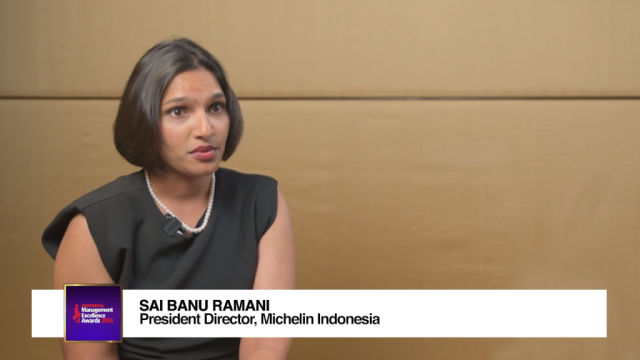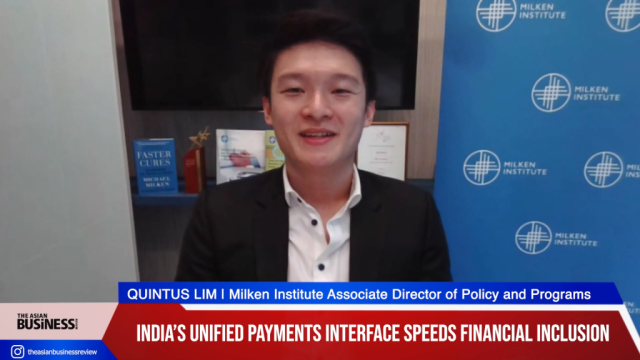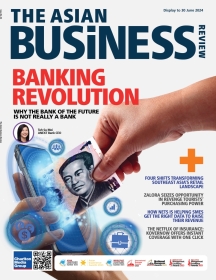 Pexels
Pexels
Three strategies for securing talents in the semiconductor industry amidst global chip shortage
The industry’s integrated circuit design and R&D space need more talent, SSIA said.
In 2023, the semiconductor industry is forecasted to slow down due to a global chip shortage. However, the Singapore Semiconductor Industry Association (SSIA) stated that this is not an obstacle to hiring more talent as the demand for technology in Singapore continues to grow, driven by the government's plan to spend $3.8b on information communications and technology for the 2022 financial year. Chip-making giant, GlobalFoundries, is even ramping up its job recruitment for its new plant that will open next year.
“Not only in Singapore but globally, there is a need to continue to attract talent for the semiconductor industry in the next five or ten years to come. The key to this is to create awareness about our industry beyond the manufacturing realm,” said Wee Seng Ang, executive director of SSIA, in an interview with Singapore Business Review.
Currently, Wee Seng said there is a shortage of talent in the integrated circuit (IC) design and research and development space for the semiconductor industry.
IC design engineering is a complex type of engineering task involved with microprocessors that will run laptop computers and cell phones, Wee Seng explained.
Boost recruitment with a career switch
Reskilling and upskilling experienced candidates can address the talent crunch in the semiconductor industry, according to Jeffrey Ng, regional director at Michael Page.
“The solution can come from both experienced candidates in the market as well as fresh graduates,” said Ng, citing SSIA’s collaboration with Workforce Singapore which offers upskilling and reskilling programmes.
Wee Seng said that this collaboration launched Career Conversion Programmes (CCP) to bring in mid-career job seekers from other industries to the semiconductor sector.
“SSIA helped by taking off the financial burden by providing a grant to these job seekers. So far, we have brought in close to 2,000 such talents over the past four and a half years to the industry,” he said.
Scholarships to lure fresh graduates
For fresh graduates, human resource coach, Ng suggested that companies should proactively offer internships to help them understand and appreciate the opportunities in the semiconductor industry.
“Companies can also offer scholarships to potential graduates and get them onboard, rather than waiting for them to graduate. This is something they can do practically,” said Ng.
“Increasing the starting pay for fresh graduates can also help to attract the best talent market,” he added. According to job portal Glassdoor, the average monthly base pay for IC design engineers is $4,000.
For SSIA’s part, Wee Seng said they launched Semiconductor Talent Meet-Up to reach out to students and even their parents to consider careers in the semiconductor industry.
"For the semiconductor industry, we hire across the board. Not just in the field of electrical and electronics engineering, but also civil engineering, mechanical engineering, programmers, and those in the field of computing," said Wee Seng.
Other institutions of higher learning also contribute to the growth of the semiconductor industry. One example is the ITE College Central campus' effort to build a 700-metre microelectronics training centre to provide the right tools for students interested in semiconductor processing. The centre has clean rooms for the production processes and supports more than 120 full-time Higher Nitec students and 90 Work-Study Diploma trainees per year.
Uncover the truth behind misconceptions
Another obstacle preventing the semiconductor industry from recruiting workers is the misconception that employees in the industry are exposed to harsh working conditions and long working hours.
“This might deter some people who are looking to make a mid-career switch. I think the increasing demand combined with a lack of supply of talent is the real challenge that we are currently facing in the semiconductor industry,” said Ng.
Wee Seng stated that these misconceptions “are far from the truth” as the sector follows standards set by government policymakers to ensure that no workers are mistreated. “It is a fair and just environment to work in. We are even focusing on attracting more female talent into the industry,” he said.
Wee Seng cited Micron Technologies as an example, which increased the percentage of women employees to 25.7% in Malaysia and 28.5% in India.
Ng and Wee Seng said the only way to reverse the wrong perception of the semiconductor ecosystem is to raise awareness.
In doing so, SSIA said it launched a summer camp in 2022 where 60 students from three universities were brought to companies such as GlobalFoundries to experience what it is like to work inside a manufacturing firm.
“The majority of the students were surprised by the experience they had. The semiconductor industry is not just about manufacturing in the playroom anymore, it's beyond that. It's about IC design. It's about using the latest technological computing power to design the most advanced chips and so on,” he explained.






















 Advertise
Advertise








